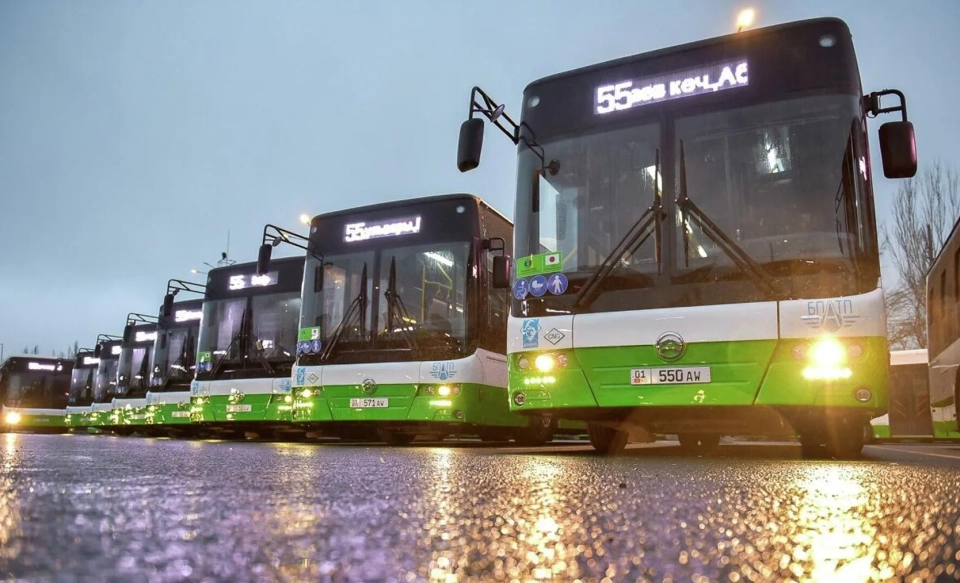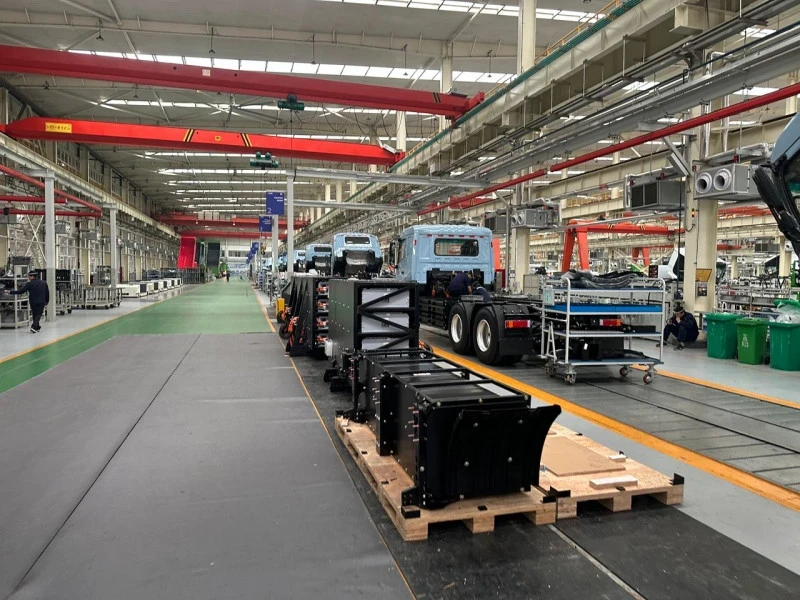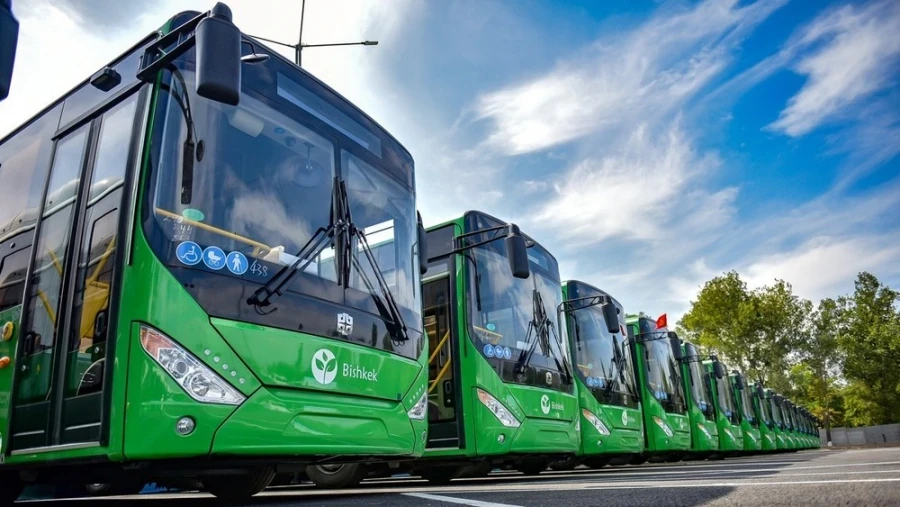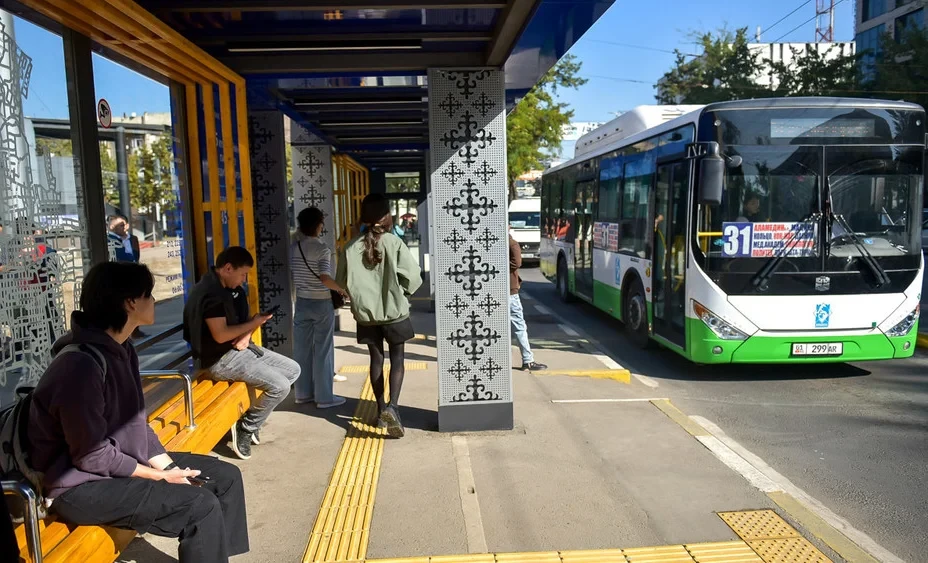China Hits "Stop" — Norwegian Electric Buses Come to a Halt
The problem was identified during an inspection initiated by the transport agency Ruter, which decided to assess the level of digital security of its buses. For this purpose, two electric buses were placed in a Faraday room—a space shielded from external electromagnetic signals. During the experiment, specialists examined the software and telemetry of the buses to rule out the possibility of external interference.
The results were alarming: functions were discovered in the control systems that allow the manufacturer to remotely disable the vehicles. This concerns diagnostic modules, power controllers, and battery packs. Ruter informed the government about the capabilities that were identified and emphasized that the manufacturer could theoretically stop or block the buses, as reported by securitylab.
Later, representatives of Yutong clarified that this vulnerability does not pose an immediate threat to passenger safety, as external control of the buses is impossible. However, access to disabling them does exist. As a precaution, Ruter disconnected the network modules and removed the SIM cards from all 300 Yutong electric buses operating in the capital, as well as from 550 similar vehicles in other regions of Norway.
Unlike Yutong, the electric buses from the Dutch company VDL do not have such functions, which has sparked a discussion in Norway about dependence on Chinese technologies. A representative of the Naval Academy, Ståle Ulriksen, expressed concern over the disregard for warnings from intelligence agencies regarding the risks associated with digital control by foreign manufacturers.
Engineers note that built-in remote access mechanisms are often created not with malicious intent, but to simplify equipment maintenance and reduce costs. These technologies allow for quick troubleshooting without the need for specialist travel. Such approaches are used in various industries, including ports and "smart" cars.
However, cost savings on maintenance also raise security questions. Previously, American specialists discovered "shadow" communication modules in Chinese-made solar inverters that were not listed in the documentation. These devices can bypass protective mechanisms and potentially disable power plants, which in the event of a large-scale failure could lead to power outages.
The incident with the Norwegian buses has become another example of infrastructure vulnerability, where key components are manufactured outside the country and have insufficiently documented remote access functions.
Read also:

In the near future, 95 new Yutong buses will arrive in Bishkek.
It is expected that 95 new Yutong buses will arrive in Bishkek in mid or late November. This was...

The mayor discussed the delivery timelines of Yutong buses to Bishkek with a Chinese company.
The Mayor of Bishkek, Aibek Junushaliev, during his visit to China, visited the Yutong factory,...
The Mayor of Bishkek Showed the Chinese Buses That Will Be Delivered to the Capital
In plans — delivery of 95 new buses During his working visit to China, the mayor of Bishkek, Aibek...

Soon, 95 more new 12-meter buses will arrive in Bishkek
Every day, more than 1500 vehicles provide transportation for the residents of the capital...
By the end of November, 95 new buses will start operating in Bishkek.
In Bishkek, 95 new three-door buses, each 12 meters long, are expected to be introduced, starting...
In Bishkek, control over the release of passenger buses to the line has been strengthened
In order to prevent road traffic accidents involving public transport, employees of the licensing...
In the city of Manas, a bus was handed over to the Ministry of Internal Affairs Security Service unit.
In Manas, a bus donated by China was handed over for the needs of the Ministry of Internal...
As a result of the inspection, LLC "Beton Star" identified violations amounting to 103 thousand soms.
- During an unscheduled inspection conducted on November 3, the regional administration for the...
In Naryn Region, the enterprise "Ak-Talaa Coal" was fined for violations
In the Naryn region, during a scheduled inspection, several violations were identified at the...

During the inspection of the state enterprise "Ak-Talaa Coal," violations were identified.
During the inspection, it was found that certain safety and production standards in the mining...
In Bishkek, there are currently more than 500,000 personal vehicles, - the mayor of the capital
As of today, more than 500,000 personal vehicles are registered in Bishkek. This was reported on...
The Ministry of Natural Resources fined the company "Muras Synthesis" 99,000 soms for gross violations
- During a scheduled inspection conducted by employees of the Jalal-Abad Regional Office of the...
Residents complain about the lack of public transport. The city hall promises new routes.
In the Call Center Kaktus.media, there are inquiries from citizens regarding the lack of public...
How the new buses for Bishkek look — the mayor of the capital showed them
The mayor of the capital, Aibek Junushaliev, showcased a new modern bus that is expected to arrive...
The Ecological Supervision Service fined LLC "Beton Star" 103,000 soms for environmental violations
On November 3, employees of the Regional Department of the Ecological Supervision Service for...

In Bishkek, a drunk driver was caught, and his passenger insulted the patrol officers.
The detained troublemaker has been placed in a detention center...

95 new 12-meter buses will arrive in Bishkek
While congratulating the workers in the transportation and road management sector on their...
"Murass Synthesis" in Jalal-Abad fined 99,000 soms for environmental violations
As a result of a scheduled inspection of the activities of the LLC "Muras Synthesis" by...

Investigator and Psychologist Received 1.5 Million Soms for Fake Expertise
As a result of the efforts of the State Committee for National Security (SCNS) in combating...

The Mayor of Bishkek, Aibek Junushaliev, visited the PRC on a working trip.
As part of his working visit to China, Aibek Junushaliev, the mayor of the capital of Kyrgyzstan,...
Pharmacy in Osh Sold Medications Without Registration and License
In the city of Osh, a batch of medications was discovered that had not undergone state registration...
Generals Alimbaev and Manilov made a statement following the meeting of the Council of Commanders of the Border Troops of the CIS countries
The 91st meeting of the Council of Commanders of Border Troops of the CIS countries is taking place...
The Prosecutor General's Office launches a digital framework for business protection: a registry of cases, monitoring of inspections, and an application
The head of the Department for Combating Corruption and Monitoring Compliance with Legislation in...

Kyrgyzstan and Russia Strengthen Security Measures Amid Fears of Terrorist Threats
Together with other countries of the world, Kyrgyzstan mourned those who died in the terrorist...
In Bishkek, Transport Workers' Day was celebrated
On October 24, a celebration of the Day of Workers in Automobile Transport and Road Management took...
In Osh, the strength of the structures of the 16-17 story buildings under construction was tested.
The results of the inspection will help assess the quality of construction work In the city of...
In a week, 320 drunk drivers were detained in Kyrgyzstan - data from the State Traffic Safety Department
From October 27 to November 2, the Main Department for Ensuring Road Safety of the Ministry of...
"Are you watching a movie or what are you doing?" — police caught a minor with her boyfriend in "Antikino"
On October 24, 2023, the press service of the Main Internal Affairs Directorate of Bishkek reported...
Why are buses delayed in Bishkek in the evenings? Expert's response
Arthur Omurzakov, the chief engineer of the fleet No. 2 of the municipal enterprise "Bishkek...
A man who caused a scandal during a stop of a car with a drunk driver was detained in Bishkek
Employees of the Patrol Police Department in Bishkek stopped a vehicle whose driver was clearly in...
Violations of Ecological Safety Identified at the "Muras Synthesis" Enterprise
The company was fined 99,000 soms A scheduled inspection of the activities of LLC "Muras...

Tajik Companies Noted the Productivity of Their Participation in "AgroProdExpo 2014" in Kyrgyzstan
Tajik companies, which arrived in Kyrgyzstan for the first time to participate in the 10th...

Vacancies Opened for Artificial Intelligence Specialists at the State Committee for National Security (GKNB)
The State Committee for National Security of the Kyrgyz Republic has announced the start of...
The Ministry of Construction inspected the building materials factory in Kant
Experts familiarized themselves with the production process and documentation Representatives of...

High Rate of Marriages Among Relatives: Dozens of New Mutations Found in the DNA of Uzbeks
In Uzbekistan, scientists from the Center for Advanced Technologies conducted a unique study of...
A factory for the production of electric buses may be built in Bishkek
The city administration is actively discussing the project with Chinese manufacturers Mayor of...
In Bishkek, the development of beekeeping and honey export was discussed
- A round table was held in Bishkek, gathering beekeepers, cooperatives, and companies engaged in...

Reasons for Evening Bus Delays in Bishkek Named
Artur Omurzakov, the chief engineer of the second bus fleet of the municipal enterprise...

The lobbying expenses of tech giants in Brussels have reached a record high
Experts note that the technology industry is much more willing to invest in lobbying compared to...
In Kyrgyzstan, the peculiarities of COVID-19 spread among medical workers were studied
A study was conducted in Kyrgyzstan focusing on the epidemiological aspects of COVID-19 infection...
The Customs Service uncovered the illegal import of mobile phones in Bishkek
According to the customs service, facts of illegal import and sale of foreign brand mobile phones...
In the Ak-Suu Gorge, a case of shooting a partridge was recorded.
On October 29, the Chuy Regional Department of the Ministry of Nature received information about...

Eco-safety violations identified at the enterprise "Muras Synthesis"
The scheduled inspection of the activities of LLC "Muras Synthesis" was conducted by...
